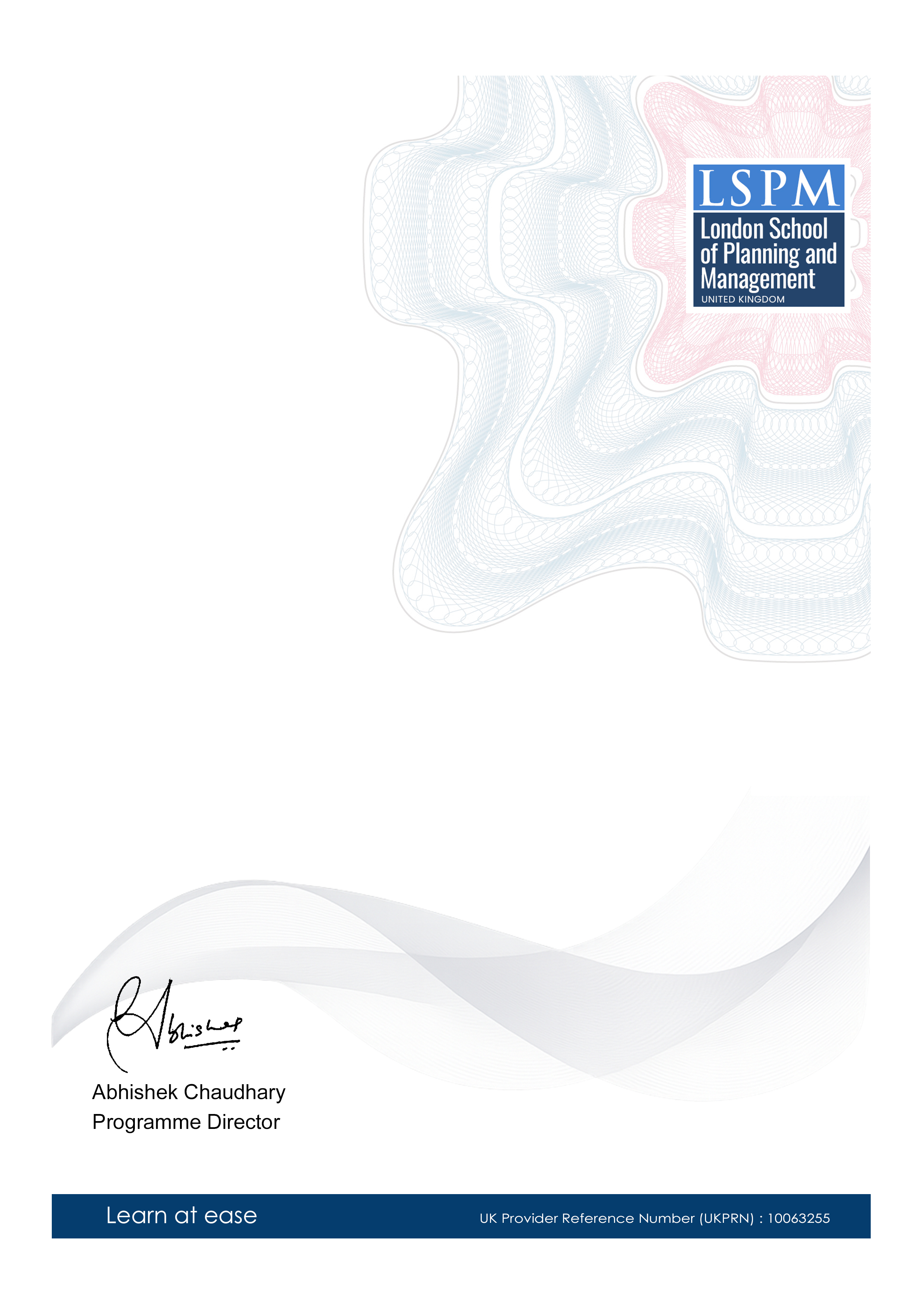Professional Certificate in Sustainable Electronics Manufacturing Materials
-- viewing nowThe Professional Certificate in Sustainable Electronics Manufacturing Materials is a crucial course designed to address the growing demand for sustainable practices in the electronics industry. This certificate course emphasizes the importance of selecting and using eco-friendly materials in electronics manufacturing, thereby reducing environmental impact and ensuring long-term sustainability.
2,744+
Students enrolled
GBP £ 149
GBP £ 215
Save 44% with our special offer
About this course
100% online
Learn from anywhere
Shareable certificate
Add to your LinkedIn profile
2 months to complete
at 2-3 hours a week
Start anytime
No waiting period
Course details
• Sustainable Materials Sourcing: Understanding the importance of sustainable material selection and its impact on the environment and society. Exploring responsible sourcing strategies and ethical supply chain management.
• Eco-Design and Engineering: Learning the principles of eco-design and how they can be applied to electronics manufacturing. Discovering eco-friendly product design techniques, material optimization, and DfE (Design for Environment) methodologies.
• Recycling and Waste Management: Examining the lifecycle of electronic products and the role of recycling in sustainable manufacturing. Identifying best practices for waste management, including hazardous waste handling and disposal.
• Energy Efficiency in Manufacturing: Investigating energy-efficient manufacturing processes and technologies. Understanding the importance of energy monitoring, measurement, and reduction strategies in electronics manufacturing.
• Green Manufacturing Technologies: Exploring advanced green manufacturing technologies, such as additive manufacturing, nanotechnology, and biodegradable materials. Analyzing their potential benefits and limitations in sustainable electronics manufacturing.
• Regulations and Compliance: Reviewing global regulations and standards related to sustainable electronics manufacturing. Understanding the role of compliance in sustainable manufacturing and its impact on business operations.
• Sustainability Metrics and Reporting: Learning how to measure and report sustainability performance using key performance indicators (KPIs) and other metrics. Understanding the importance of transparency and accountability in sustainable manufacturing.
• Sustainability Strategy and Leadership: Developing a comprehensive sustainability strategy for electronics manufacturing organizations. Understanding the role of leadership in driving sustainability initiatives and fostering a culture of sustainability.
• Stakeholder Engagement and Collaboration: Exploring strategies for engaging stakeholders, including employees, customers, suppliers, and regulators, in sustainable manufacturing initiatives. Identifying best practices for collaboration and partnership in sustainable electronics manufacturing.
Career path
Entry requirements
- Basic understanding of the subject matter
- Proficiency in English language
- Computer and internet access
- Basic computer skills
- Dedication to complete the course
No prior formal qualifications required. Course designed for accessibility.
Course status
This course provides practical knowledge and skills for professional development. It is:
- Not accredited by a recognized body
- Not regulated by an authorized institution
- Complementary to formal qualifications
You'll receive a certificate of completion upon successfully finishing the course.
Why people choose us for their career
Loading reviews...
Frequently Asked Questions
Course fee
- 3-4 hours per week
- Early certificate delivery
- Open enrollment - start anytime
- 2-3 hours per week
- Regular certificate delivery
- Open enrollment - start anytime
- Full course access
- Digital certificate
- Course materials
Get course information
Earn a career certificate

